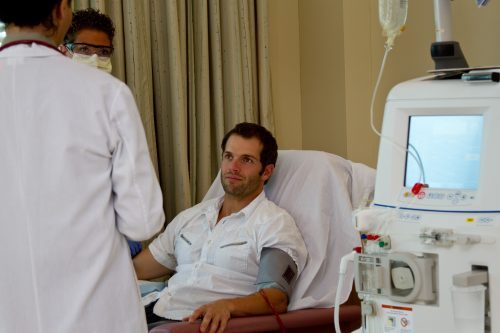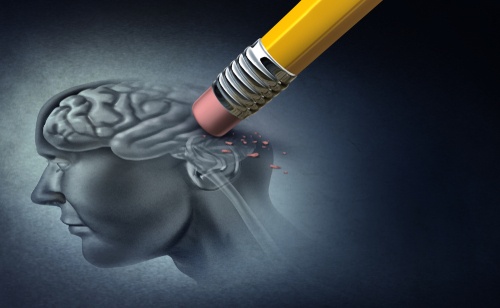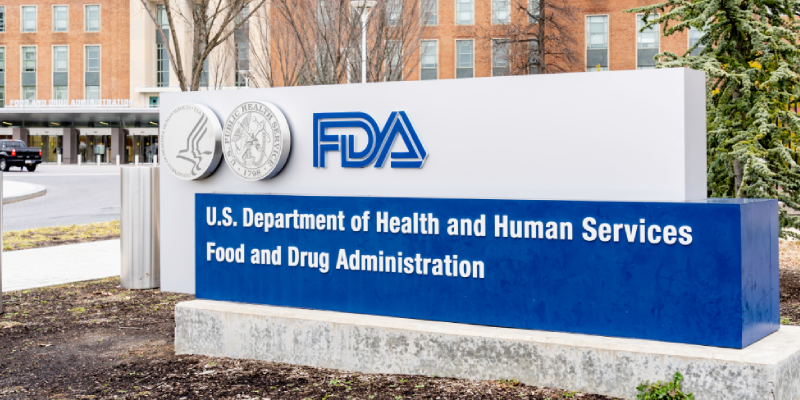
Boston—Among patients dependent on renal replacement therapy, the effects of missed treatments are severe, making access to care for in-center hemodialysis patients critical during and after a natural disaster. Stephanie Baterseh (United Kingdom) and Vijay Lapsia, MD, (United States) conducted a review of existing literature to examine the state of the art in managing care of dialysis patients in the peri-disaster period. They reported results of the search during a poster session at the NKF Spring Clinical Meetings in a poster titled Present-Day Gaps in Emergency Preparedness for Dialysis Patients.
The search utilized the keywords hemodialysis, emergency preparedness, and disaster on PubMed. An internet search engine was used to gather additional relevant information. The researchers conducted the systematic review to grade each publication for relevance; key points were summarized.
Of the 50 studies identified in the initial search, 20 were directly relevant. More than one study concluded that visits to emergency departments increased following a natural disaster; geriatric patients were particularly at risk of poor outcomes. One study cited limited accessibility of paper copies of emergency plans as a concern. Another concern was lack of availability of medical records, leading to confusion and the possibility of sub-optimal care. Another study demonstrated that in nephrology communities in areas not affected by the disaster, resources were typically overwhelmed.
Early restoration of electric and water lifelines was critical. A possible solution in disaster prone areas was increasing utilization of peritoneal dialysis. Results of a survey study found that dialysis patients who had informational social support from family or friends were better prepared for natural disasters.
“Present-day systems for dialysis patients during a natural disaster present many risks and gaps in healthcare, cause overcrowding in the emergency department after a disaster, prevent healthcare staff from giving proper care, increase mortality and morbidity, and overall worsen health conditions for patients. Scientific literature is very limited and the subject of emergency preparedness for dialysis patients needs to be studied in depth and issues related to resource accessibility and delivery in the peri-disaster period better understood.”
Source: Baterseh S, Lapsia V. Present-day gaps in emergency preparedness for dialysis patients. Abstract of a poster presented at the National Kidney Foundation 2019 Spring Clinical Meetings, May 8-12, 2019, Boston, Massachusetts.







 © 2025 Mashup Media, LLC, a Formedics Property. All Rights Reserved.
© 2025 Mashup Media, LLC, a Formedics Property. All Rights Reserved.